As the Web3 ecosystem continues to evolve and gain prominence, job opportunities in this field are on the rise. Web3, also known as the decentralized web, relies on blockchain technology and decentralized protocols to provide a more secure, transparent, and user-centric internet experience. If you’re looking to land a Web3 job, it’s crucial to prepare for the interview process and familiarize yourself with the key topics and questions that may arise. In this article, we’ll explore five common interview questions for Web3 jobs, helping you gain a better understanding of what employers are looking for and how to impress them with your knowledge and expertise. 💼💡
1. What is Web3, and how does it differ from Web2?
To kick off the interview, expect to be asked about your understanding of Web3 and how it differs from its predecessor, Web2. Web3 represents the evolution of the internet, emphasizing decentralization, trust lessness, and user empowerment through the use of blockchain technology and smart contracts. Web2, on the other hand, refers to the current centralized web, where intermediaries control and monetize user data. When answering this question, highlight the key characteristics of Web3, such as peer-to-peer networks, tokenization, and user ownership of data.
2. Can you explain the concept of decentralized finance (DeFi)?
DeFi has emerged as one of the most significant applications within the Web3 ecosystem. Interviewers may want to gauge your knowledge of DeFi and its underlying principles. Be prepared to explain how DeFi leverages blockchain technology to enable financial transactions without the need for intermediaries, such as banks or brokers. Discuss key components of DeFi, including decentralized exchanges (DEXs), lending and borrowing platforms, and yield farming. Highlight the potential benefits of DeFi, such as increased accessibility, financial inclusion, and reduced counterparty risk.
3. What are smart contracts, and how do they work?
Smart contracts are self-executing agreements encoded on the blockchain. They automatically execute predefined actions when specific conditions are met. In this question, you should demonstrate your understanding of smart contracts and their significance in the Web3 ecosystem. Explain how smart contracts eliminate the need for intermediaries, provide transparency, and enable trustless interactions. Give examples of popular smart contract platforms like Ethereum and explain how they facilitate the execution of decentralized applications (DApps) and the token economy.
4. How does blockchain ensure security and immutability?
Security is a critical aspect of Web3, and interviewers will likely inquire about your understanding of blockchain’s security features. Discuss the principles of consensus mechanisms, such as proof of work (PoW) and proof of stake (PoS), and their role in securing the network. Explain how cryptographic hashing, distributed ledger technology, and decentralization contribute to the immutability and tamper-resistant nature of blockchain. Mention real-world use cases where blockchain has demonstrated its security benefits, such as supply chain management, digital identity, and asset tokenization.
5. What are the challenges and opportunities for Web3 adoption?
Web3 is still in its early stages, and widespread adoption presents both challenges and opportunities. Be prepared to discuss the potential hurdles that Web3 faces, such as scalability, user experience, and regulatory concerns. Offer insights into how these challenges can be addressed and highlight the opportunities that Web3 brings, such as empowering individuals, revolutionizing industries like finance and gaming, and promoting a more open and inclusive internet.
Conclusion:
Preparing for Web3 job interviews involves equipping yourself with a solid understanding of the fundamental concepts and trends shaping the decentralized web. By familiarizing yourself with these five common interview questions, you’ll be better positioned to showcase your knowledge, expertise, and passion for Web3.

